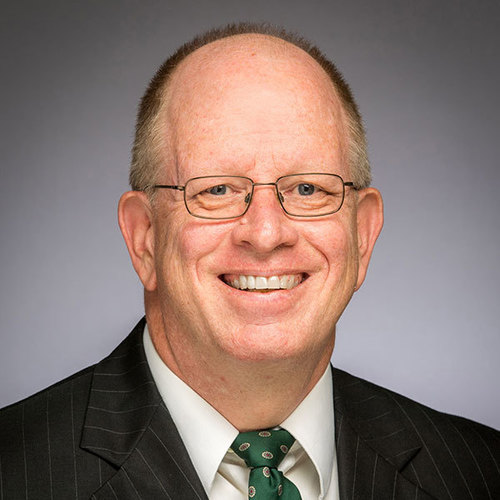Faithful Citizenship
Next Session: Aug 31, 2020
The U.S. Bishops approved their quadrennial statement on politics and elections in 2015, "Forming Consciences for Faithful Citizenship." The aim of this course is to allow participants to reflect on the teaching contained in this document, and to reflect on the same questions the bishops intended their statement to address:
- Why does the church teach about issues affecting public policy?
- Who in the church should participate in political life?
- How does the church help the Catholic faithful to speak about political and social questions?
- What does the church say about Catholic social teaching in the public square?
The primary reading for this course will be the bishops' statement. Additional readings (previous U.S. bishops' statements, teachings from the Vatican and Magisterium, news articles and opinions, etc.) will also provide the opportunity to reflect on issues related to the above questions at both the national and local levels (e.g. should politicians be denied communion based on their political views? Is there a candidate that best fits Catholic values? What can I do, or what is my diocese/parish doing, to be "faithful citizens"?)
Course Format
- Four weeks in duration, with one week for orientation.
- Typically 15-20 students in each course.
- All readings available online in text format.
- Supplemental readings are provided to encourage further exploration of topic, internet links provided for all readings.
- Short written assignments required for each unit.
Required Texts
- All course material included online.
- Readings will include:
- Congregation for the Doctrine of the Faith, Doctrinal note on some questions regarding participation of Catholics in political life.
- U.S. Conference of Catholic Bishops, Forming Consciences for Faithful Citizenship.
- Selected articles from newspapers and periodicals.
- Catechism of the Catholic Church.
Participation Requirements
- Read assigned texts; keep notes, questions, and comments for class discussion.
- Participate in the class discussion using the Forums area: post at least 2 comments, questions, or responses per unit.
- Write 150-200 words in response to the assignment in each unit.
- Participate in at least 2 scheduled chat sessions throughout the course.
- Complete the course evaluation.
Time Expectations
3 to 5 hours per week, depending on your learning style and schedule.
Course Certificate
A certificate of completion awarding 20 contact hours will be sent upon completion of all course requirements.

Mr. Greg Doyle, M.Div.
Greg Doyle is originally from the Virginia suburbs of Washington DC. After completing undergraduate degrees at Notre Dame, he served in the Navy as a submarine officer in Charleston, SC and then worked at a commercial nuclear power plant in Maryland. He returned to Notre Dame for theological studies, graduating with a Master of Divinity degree. Greg began working with STEP while a graduate student during the first year that STEP eCourses were offered, and started full-time work there upon graduation. He and his wife have two sons.